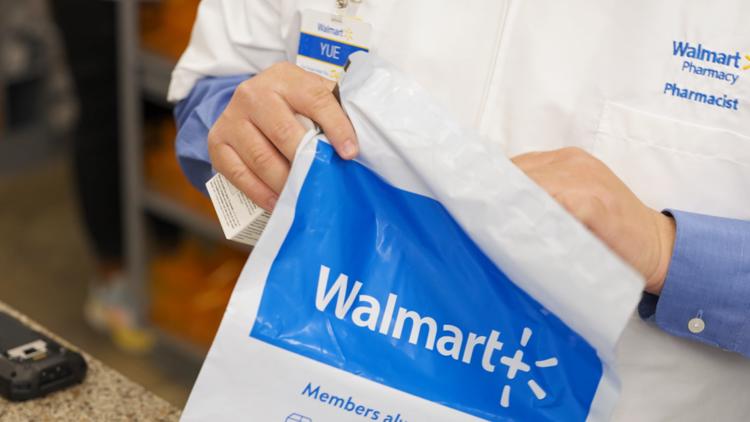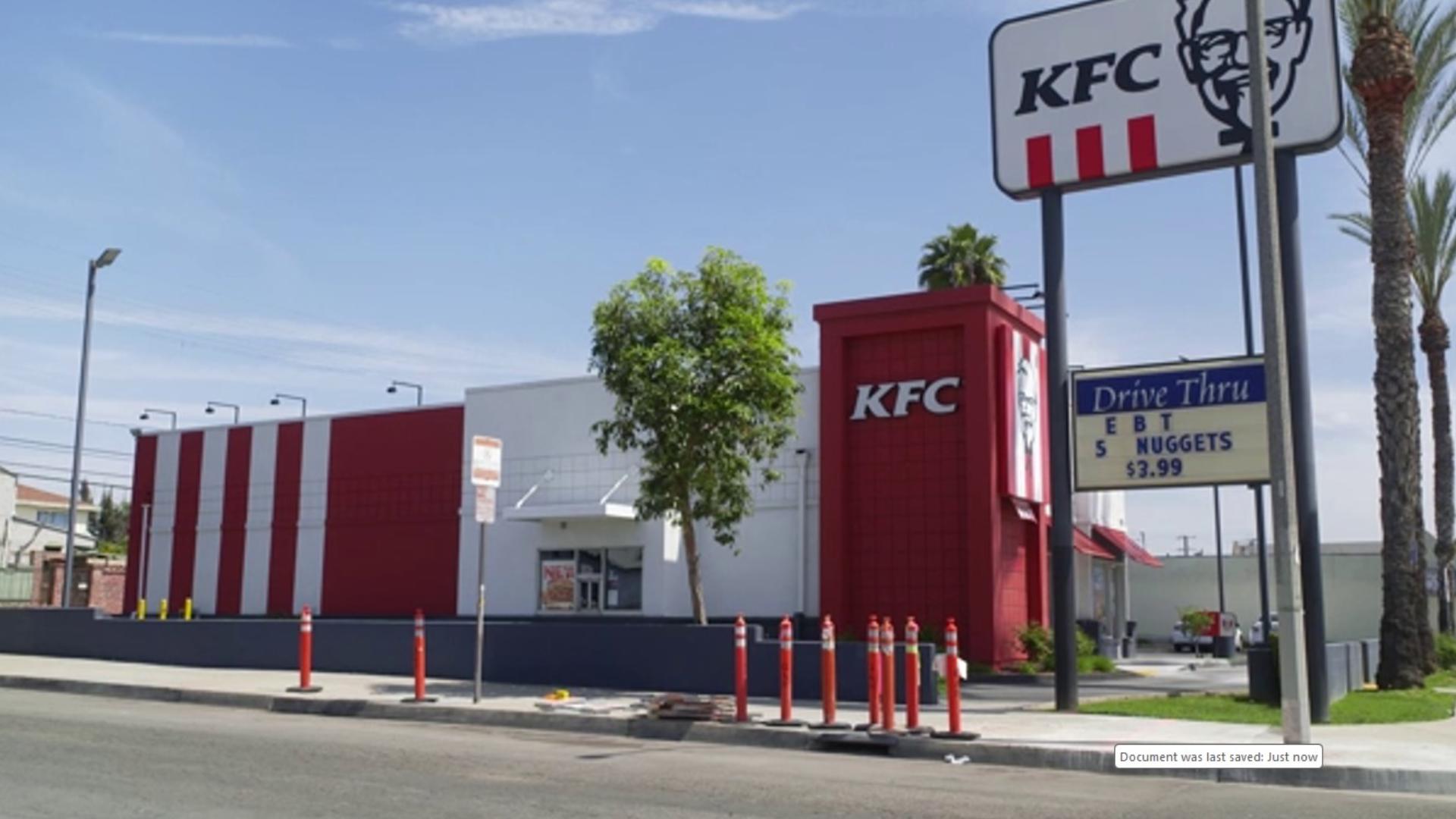NEW YORK — Walmart will begin delivering prescriptions across the U.S. early next year, as the retailing giant strives to keep pace with rival Amazon in competing for health care dollars.
Walmart's new service includes new prescriptions and refills, which customers can receive along with groceries and other products, the Bentonville, Arkansas-based company announced on Tuesday. Prescriptions will be delivered in as little as 30 minutes and should be available for over 86% of American households, according to Walmart.
The offering is already live in Arkansas, Missouri, New York, Nevada, South Carolina and Wisconsin, and is expected to be available in 49 states by the end of January, reaching tens of millions of customers.
"If you're sick, we can deliver the necessary medicine along with everything else you need to feel better: cough drops, a heating pad, blanket and orange juice. Walmart's size, resources and expertise set it apart from other retailers." Tom Ward, executive vice president and chief ecommerce officer, Walmart U.S., said in a statement.
The new offering will come at no cost for customers of Walmart+, the retailer's paid membership program. The service will otherwise cost $9.95 per order. Prescriptions will be filled at Walmart stores and delivered to homes in tamper-proof packaging.
Walmart, which operates almost 4,600 in-store pharmacies, also offers prescription drug delivery through mail order. Notably, medications that need to be refrigerated, as well as controlled drugs such as opioids, are not included in the treatments available for home delivery.
Walmart's effort to expand in online health comes two weeks after Amazon said it would open pharmacies in 20 new cities across the U.S. in 2025, with the ecommerce company expecting to offer same-day prescription service to nearly half of its U.S. customers by the end of next year. "
CVS and Walgreens already offer same-day home delivery for prescription medications.
Pharmacies, both independent locations and retail chains, are closing around the country amid low reimbursement rates for pharmacy care as well as low dispensing fees for Medicaid enrollees.
Nearly half of U.S. counties have communities more than 10 miles from a pharmacy, according to a study published in August by the Journal of American Medical Association. In addition to community drugstores disappearing, major drug store chains such as CVS, Rite Aid and Walgreens have closed hundreds of pharmacy locations across the country.
Most recently, Walgreens last week said it would close 1,200 stores over the next three years, citing low drug reimbursement rates as one factor behind the overhaul.



